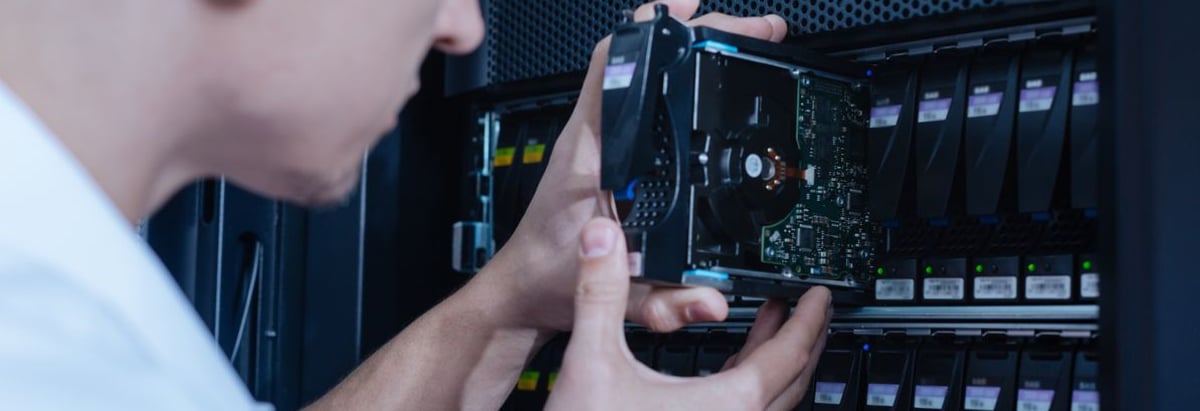Stock Analysis
- United States
- /
- Tech Hardware
- /
- NYSE:HPQ
Chief People Officer Kristen Ludgate Sold A Bunch Of Shares In HP

We wouldn't blame HP Inc. (NYSE:HPQ) shareholders if they were a little worried about the fact that Kristen Ludgate, the Chief People Officer recently netted about US$2.6m selling shares at an average price of US$34.43. That diminished their holding by a very significant 57%, which arguably implies a strong desire to reallocate capital.
Check out our latest analysis for HP
HP Insider Transactions Over The Last Year
Notably, that recent sale by Kristen Ludgate is the biggest insider sale of HP shares that we've seen in the last year. So what is clear is that an insider saw fit to sell at around the current price of US$33.84. While insider selling is a negative, to us, it is more negative if the shares are sold at a lower price. Given that the sale took place at around current prices, it makes us a little cautious but is hardly a major concern.
In the last year HP insiders didn't buy any company stock. You can see a visual depiction of insider transactions (by companies and individuals) over the last 12 months, below. By clicking on the graph below, you can see the precise details of each insider transaction!
If you like to buy stocks that insiders are buying, rather than selling, then you might just love this free list of companies. (Hint: Most of them are flying under the radar).
Does HP Boast High Insider Ownership?
Another way to test the alignment between the leaders of a company and other shareholders is to look at how many shares they own. A high insider ownership often makes company leadership more mindful of shareholder interests. It appears that HP insiders own 0.2% of the company, worth about US$74m. While this is a strong but not outstanding level of insider ownership, it's enough to indicate some alignment between management and smaller shareholders.
What Might The Insider Transactions At HP Tell Us?
An insider sold stock recently, but they haven't been buying. And even if we look at the last year, we didn't see any purchases. While insiders do own shares, they don't own a heap, and they have been selling. So we'd only buy after careful consideration. So while it's helpful to know what insiders are doing in terms of buying or selling, it's also helpful to know the risks that a particular company is facing. To help with this, we've discovered 4 warning signs (1 is potentially serious!) that you ought to be aware of before buying any shares in HP.
But note: HP may not be the best stock to buy. So take a peek at this free list of interesting companies with high ROE and low debt.
For the purposes of this article, insiders are those individuals who report their transactions to the relevant regulatory body. We currently account for open market transactions and private dispositions of direct interests only, but not derivative transactions or indirect interests.
Valuation is complex, but we're here to simplify it.
Discover if HP might be undervalued or overvalued with our detailed analysis, featuring fair value estimates, potential risks, dividends, insider trades, and its financial condition.
Access Free AnalysisHave feedback on this article? Concerned about the content? Get in touch with us directly. Alternatively, email editorial-team (at) simplywallst.com.
This article by Simply Wall St is general in nature. We provide commentary based on historical data and analyst forecasts only using an unbiased methodology and our articles are not intended to be financial advice. It does not constitute a recommendation to buy or sell any stock, and does not take account of your objectives, or your financial situation. We aim to bring you long-term focused analysis driven by fundamental data. Note that our analysis may not factor in the latest price-sensitive company announcements or qualitative material. Simply Wall St has no position in any stocks mentioned.
About NYSE:HPQ
HP
Provides personal computing, printing, 3D printing, hybrid work, gaming, and other related technologies in the United States and internationally.

